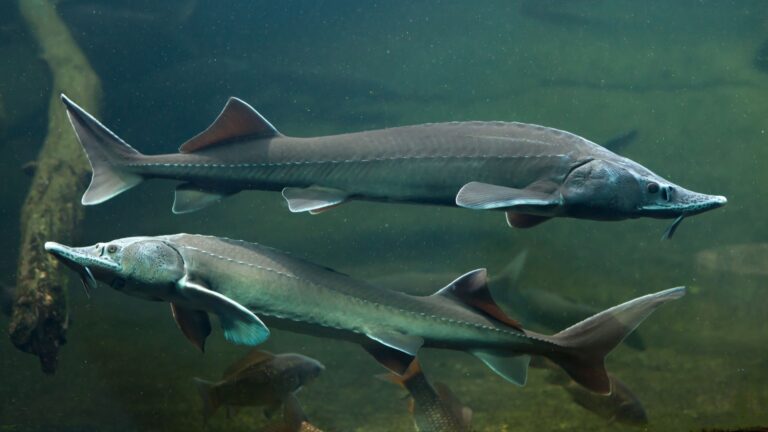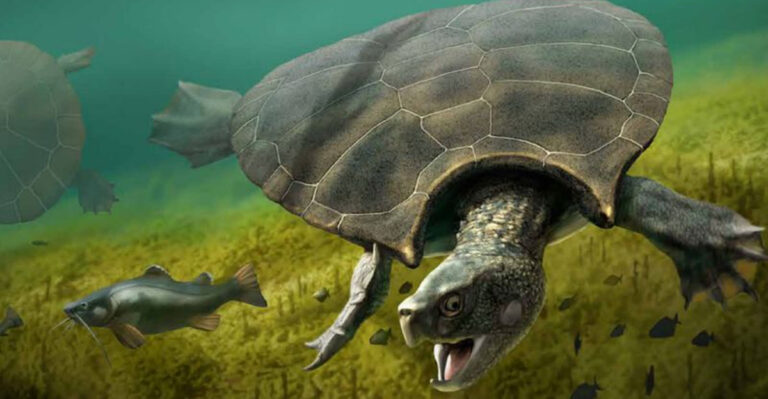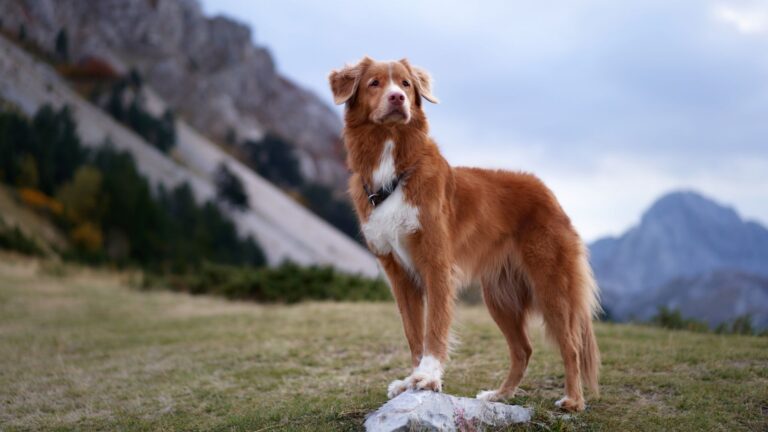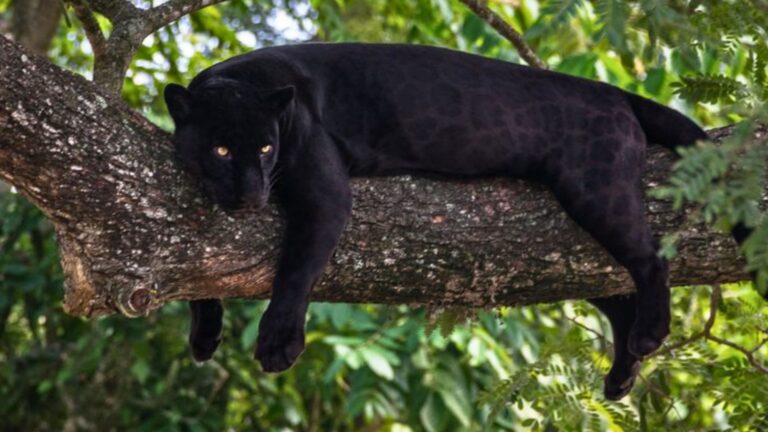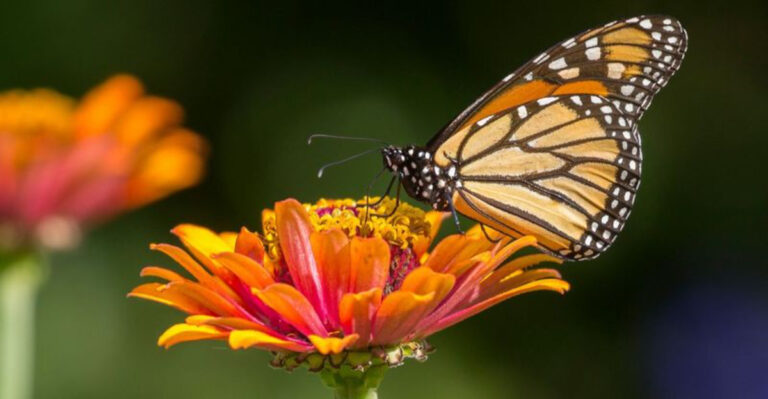13 Wild Animals Famous For Their Intelligence, But Cannot Be Good Pets
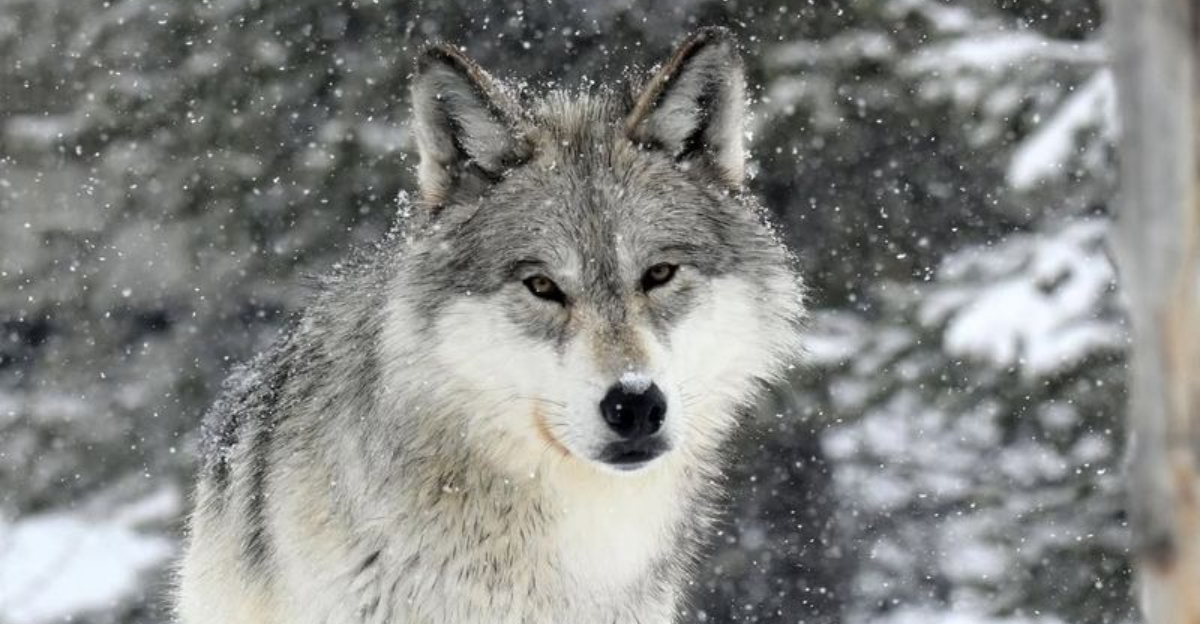
Nature’s repertoire of intelligent creatures is vast and varied. From the depths of the oceans to the heights of the rainforest canopies, certain wild animals have demonstrated cognitive abilities that rival, or even surpass, those of domesticated pets.
However, despite their brilliance, these animals are far from ideal candidates for domestication. This article introduces you to such wild animals, illuminating their intelligence while highlighting why they should remain in the wild.
1. Dolphin
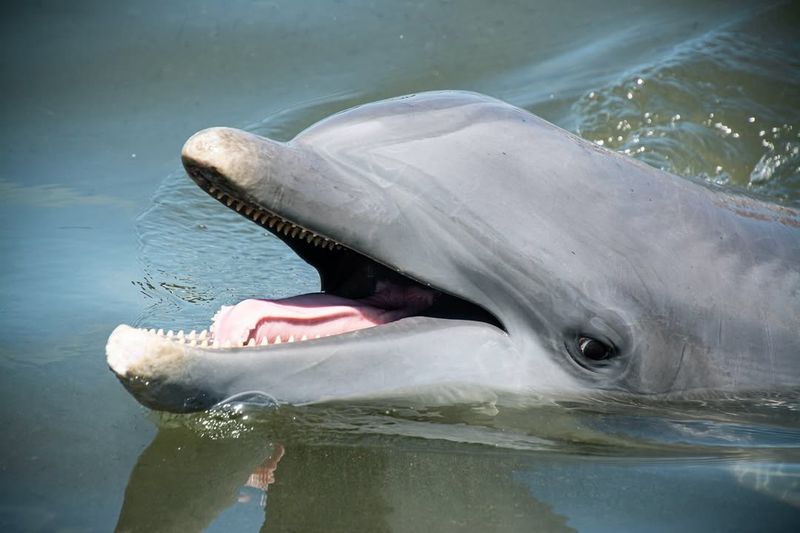
Dolphins, with their playful demeanor and extraordinary intelligence, are often the stars of the marine world. These creatures have the ability to solve complex puzzles, understand abstract concepts, and even demonstrate self-awareness—a trait shared by very few non-human species.
Their social nature allows them to form tight-knit pods, communicating through sophisticated vocalizations that are akin to a unique language. Dolphins’ intelligence is evident in their ability to work collaboratively during hunting or when facing threats, showcasing an understanding of teamwork and strategy.
However, despite their appealing characteristics, dolphins are not suited for life as pets. Their need for vast open water spaces, social interactions, and complex mental stimulation makes captivity a detrimental environment.
Attempting to keep a dolphin in domestic conditions can lead to severe stress and health issues. Hence, dolphins are best admired from afar, thriving in their natural oceanic habitat.
2. Chimpanzee
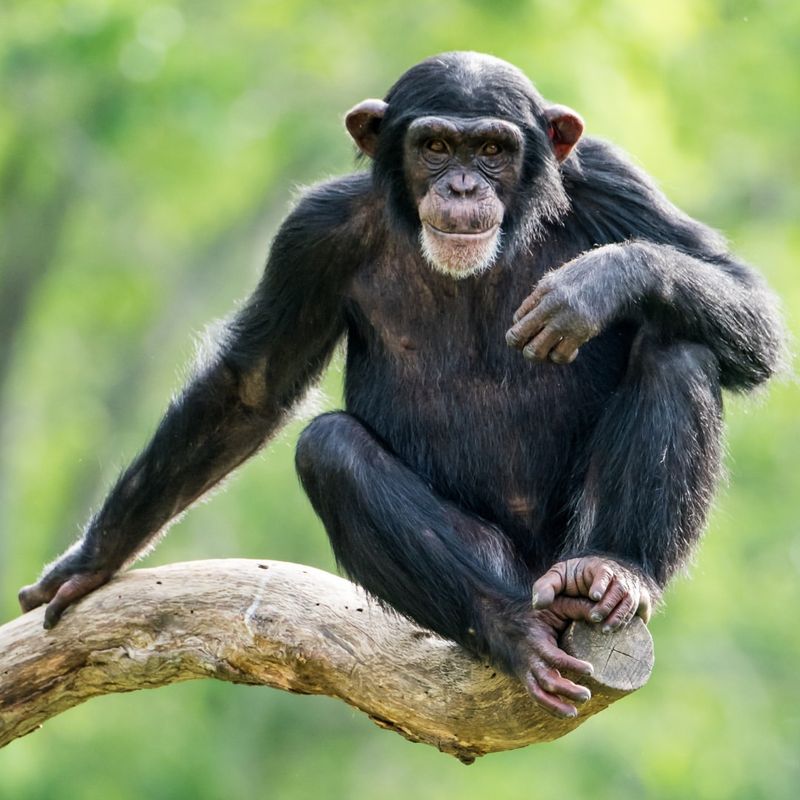
Chimps, sharing about 98% of their DNA with humans, stand out for their intellectual prowess. They utilize tools, solve problems, and exhibit emotions akin to those of humans. Their ability to learn sign language and understand human gestures highlights their cognitive capabilities.
In the wild, chimpanzees use sticks to extract insects or crack open nuts, showcasing their ingenuity and adaptive skills. These primates are also known for their complex social structures and hierarchy within groups, where they form alliances and exhibit both empathy and aggression.
Despite their intelligence, chimpanzees are not suitable as pets due to their unpredictable behavior and immense strength, which can be dangerous in a domestic setting. Additionally, their social and environmental needs are extensive, requiring a habitat far beyond what a typical home can provide. Allowing them to remain in the wild ensures their well-being and survival.
3. Elephant
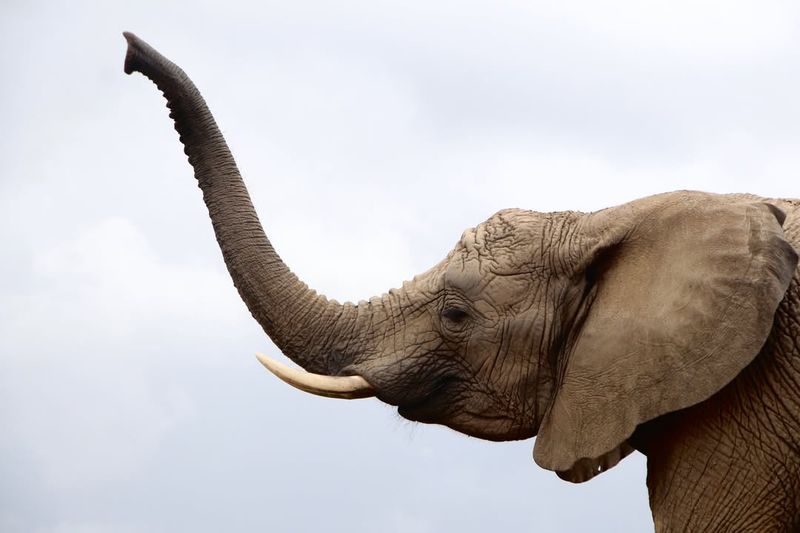
Elephants are synonymous with intelligence in the animal kingdom. They have impressive memories, which enable them to remember locations of water sources and recognize individuals even after many years.
Elephants display empathy and are known to exhibit mourning behaviors for their deceased companions, indicating a deep emotional depth. Their problem-solving abilities and use of tools further underscore their cognitive prowess. Despite their gentle nature, elephants are unsuitable as pets due to their sheer size and environmental needs.
They require vast expanses of land to roam, rich in vegetation to sustain their massive appetites. Attempts to domesticate them often lead to physical and psychological harm. In the wild, elephants thrive in social herds and play crucial roles in their ecosystems. Preserving these majestic creatures in their natural habitats is essential for their conservation and the biodiversity of their environment.
4. Orangutan
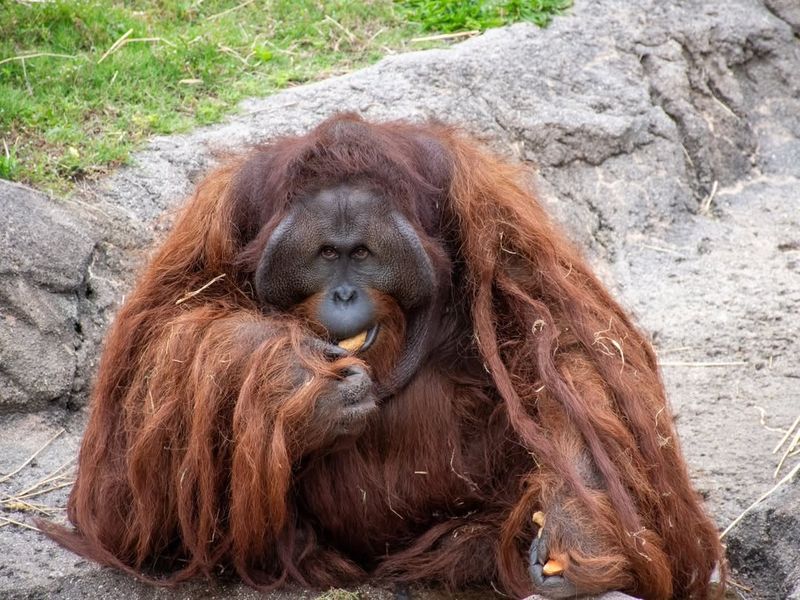
Orangutans are remarkable for their intelligence and arboreal lifestyle. They have been observed using tools to extract insects or to protect themselves from the rain. Their ability to solve puzzles and their keen memory for food locations demonstrate their cognitive abilities.
Orangutans communicate through a variety of vocalizations and gestures, showcasing a complex form of social interaction. These great apes are solitary creatures with a significant need for space and mental stimulation, making them unsuitable as pets.
In captivity, they often face issues of stress and boredom, leading to psychological problems. Their natural habitat in the tropical rainforests provides the ideal environment for their survival and social behaviors. Preserving orangutans in the wild ensures the protection of their species and the rich biodiversity of their native forests.
5. Raven
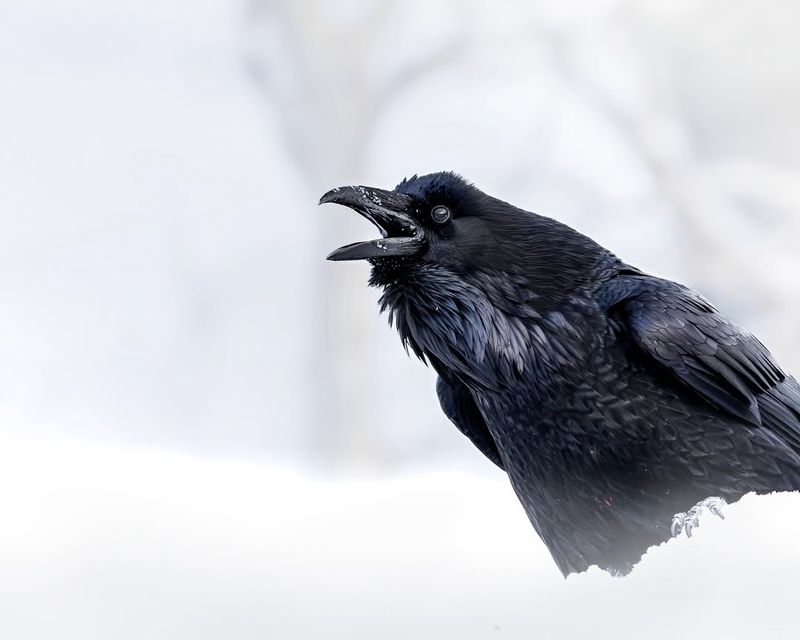
Ravens are often associated with mystery and intelligence, possessing cognitive abilities that rival those of some primates. They are adept at solving complex problems, using tools, and even engaging in playful activities.
Known for their ability to mimic sounds and human speech, ravens have captivated observers with their communicative skills. In the wild, ravens are opportunistic feeders, showcasing adaptability in various environments. Their intelligence is evident in their social behaviors, where they form bonds and work together to scavenge for food.
Despite their intriguing nature, ravens are not suitable as pets. Their need for vast spaces to fly and mental stimulation to prevent boredom is critical. In captivity, they often develop behavioral issues, emphasizing the importance of allowing them to thrive in their natural habitats.
6. Octopus
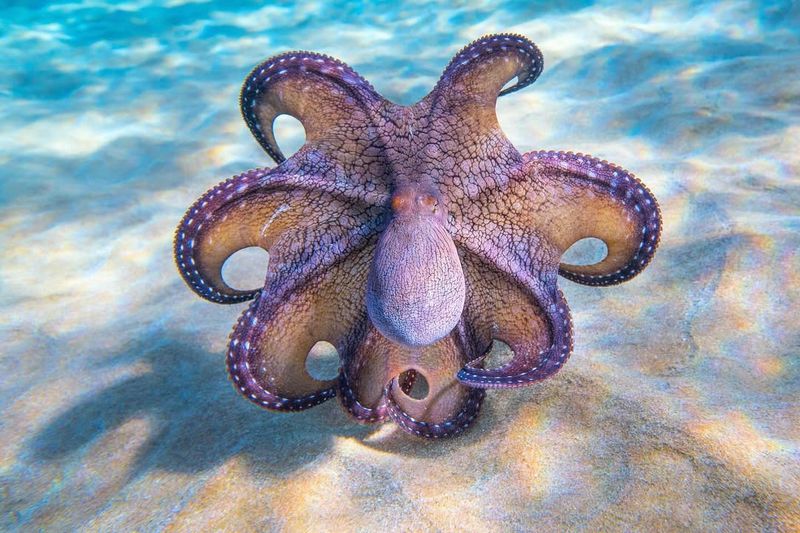
Octopuses are renowned for their problem-solving skills and adaptability. With the ability to navigate mazes, open jars, and camouflage with their surroundings, these cephalopods demonstrate remarkable intelligence.
Their unique nervous system and decentralized brain structure allow them to control their arms independently, adding to their mystique. In the ocean, octopuses are solitary creatures, often using their skills to hunt and evade predators. Keeping an octopus as a pet is highly challenging due to their short lifespans, complex needs, and sensitivity to water quality.
They require carefully maintained environments that mimic their natural habitats. Their intelligence and need for stimulation mean they are best left in the wild, where they can exhibit their full range of behaviors and contribute to the marine ecosystem’s diversity.
7. Crow
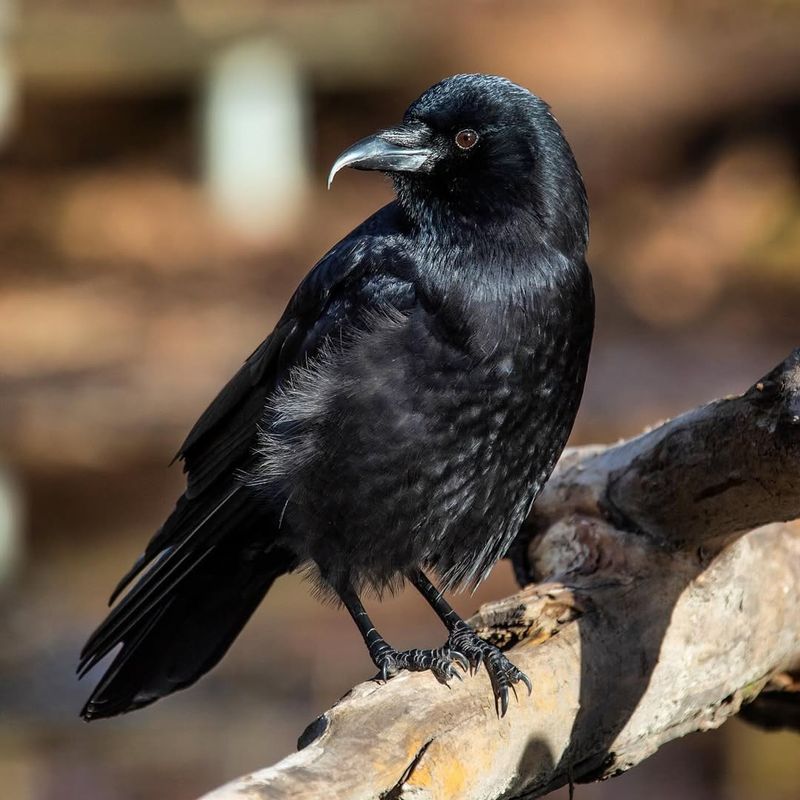
Crows are celebrated for their intellect and problem-solving abilities. They have been observed using tools, understanding causality, and even recognizing human faces. These avian geniuses can solve puzzles that require multiple steps, showcasing their strategic thinking skills.
Crows are social animals that thrive in both urban and rural environments, where they communicate through a complex system of calls. Their adaptability to different habitats highlights their intelligence and resourcefulness. Despite their fascinating traits, crows are not meant to be pets.
Their need for social interaction, freedom to roam, and constant mental challenges cannot be met in captivity. Allowing crows to flourish in their natural settings ensures their well-being and maintains the delicate balance of the ecosystems they inhabit.
8. Parrot
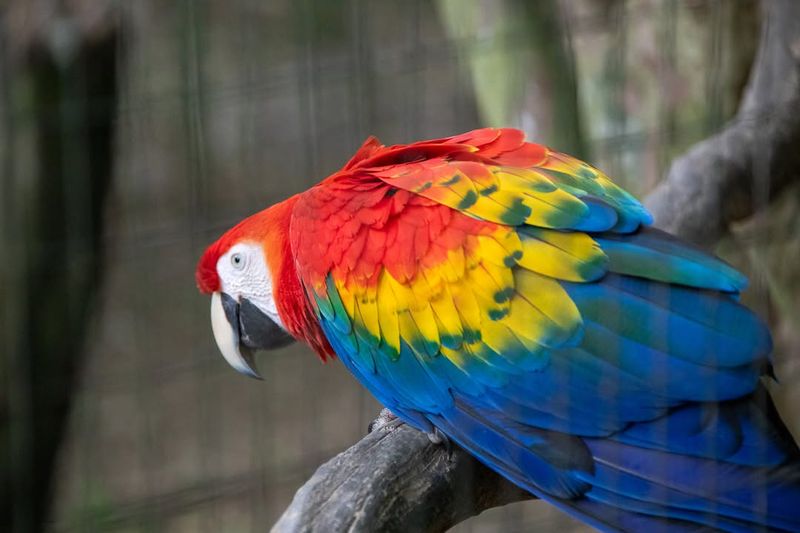
Parrots are famed for their vibrant feathers and remarkable ability to mimic human speech. These intelligent birds can learn a vocabulary of hundreds of words and understand context, making them captivating communicators.
Parrots use this skill in the wild to interact with their flock and warn of potential dangers. Their intelligence extends to problem-solving and tool use, where they demonstrate a keen ability to adapt to new challenges. However, despite their charm, parrots are not ideal pets for everyone. They require constant mental stimulation, social interaction, and a commitment to lifelong care.
In captivity, many parrots develop behavioral issues due to boredom and isolation. Therefore, they are best admired in their natural habitats, where they contribute to the vibrant tapestry of the rainforest ecosystem.
9. Wolf
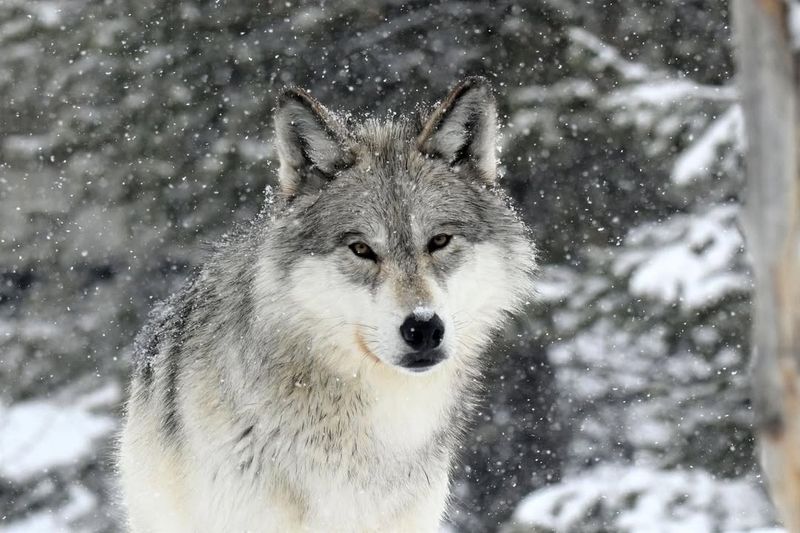
Wolves are iconic symbols of the wild, known for their intelligence and complex social structures. They communicate through vocalizations, body language, and facial expressions, forming packs with intricate hierarchies and relationships.
Wolves display remarkable hunting techniques, working collaboratively to take down prey much larger than themselves. Despite their intelligence and beauty, wolves are not suitable as pets. Their need for large territories, social interaction with their pack, and natural hunting instincts are impossible to replicate in a domestic environment.
Captivity often leads to stress, health issues, and behavioral problems in wolves. To preserve their well-being and the ecological roles they play, wolves should be left to roam the wild landscapes they call home.
10. Raccoon
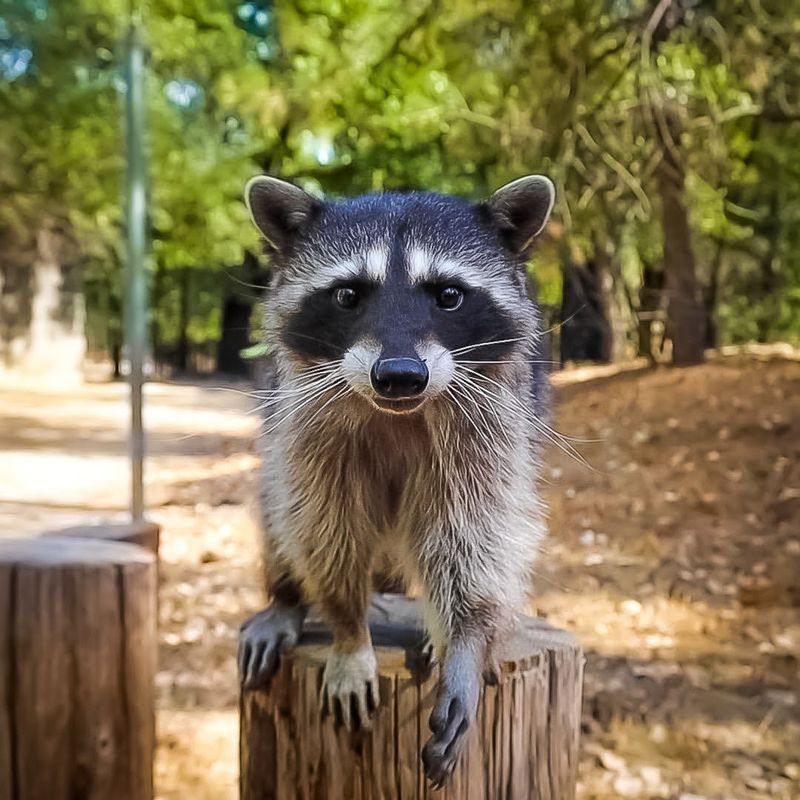
Raccoons are notorious for their curiosity and dexterous paws, which they use to explore and manipulate objects. These intelligent animals are adept at solving puzzles and opening containers, often called the “masked bandits” due to their ability to break into trash cans and other enclosures.
In their natural habitats, raccoons are opportunistic feeders, displaying adaptability and resourcefulness. Despite their playful nature, raccoons are not suited for domestication. They require a diverse diet and ample space to roam and satisfy their inquisitive behaviors.
In captivity, raccoons can become aggressive and develop health issues, highlighting the importance of keeping them in the wild where they can thrive naturally.
11. Kea
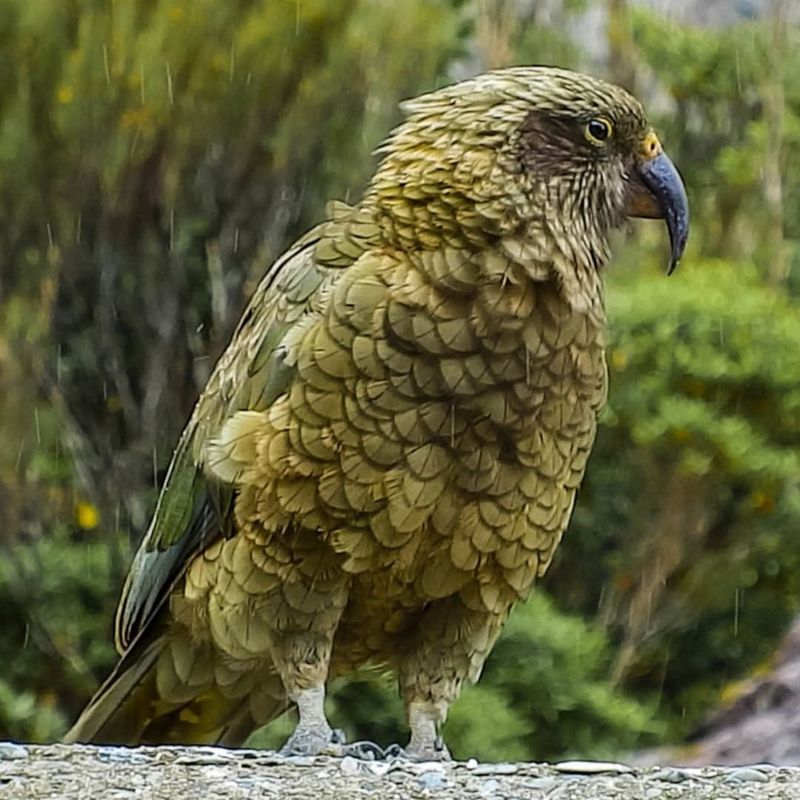
The kea, a native of New Zealand, is one of the most intelligent bird species. Known for their curiosity and problem-solving skills, these mountain parrots often engage in playful behavior that demonstrates their cognitive abilities.
Keas have been observed using tools, solving puzzles, and mimicking sounds, showcasing their adaptability and ingenuity. Their natural habitat in the alpine regions provides the perfect playground for their energy and intelligence.
Despite their fascinating traits, keas are not suitable as pets. Their need for mental stimulation, social interaction, and a specific environment cannot be met in captivity. Allowing keas to flourish in their wild habitats ensures their survival and the preservation of their unique behaviors.
12. Bonobo
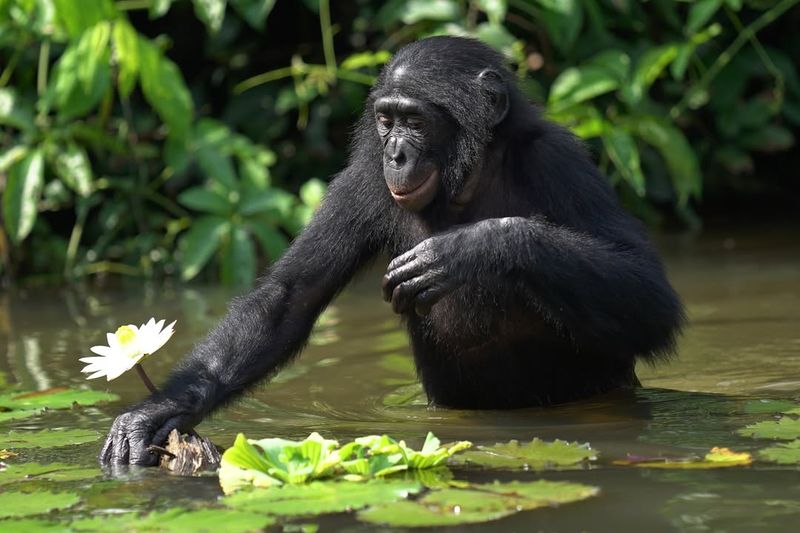
Bonobos, often referred to as the “gentle apes,” are known for their peaceful social structure and high intelligence. They share many similarities with chimpanzees, including the ability to use tools, solve problems, and communicate through a variety of vocalizations and gestures.
Bonobos live in matriarchal societies, where females lead and social bonds are strengthened through cooperative behavior. Despite their gentle nature and intelligence, bonobos are not suitable as pets. Their complex social needs, large habitat requirements, and potential for unpredictable behavior make domestic life unsuitable for them.
In the wild, bonobos play crucial roles in their ecosystems, and their conservation is vital for maintaining the biodiversity of their habitats. Keeping them in the wild ensures their well-being and the continuation of their species.
13. Fox
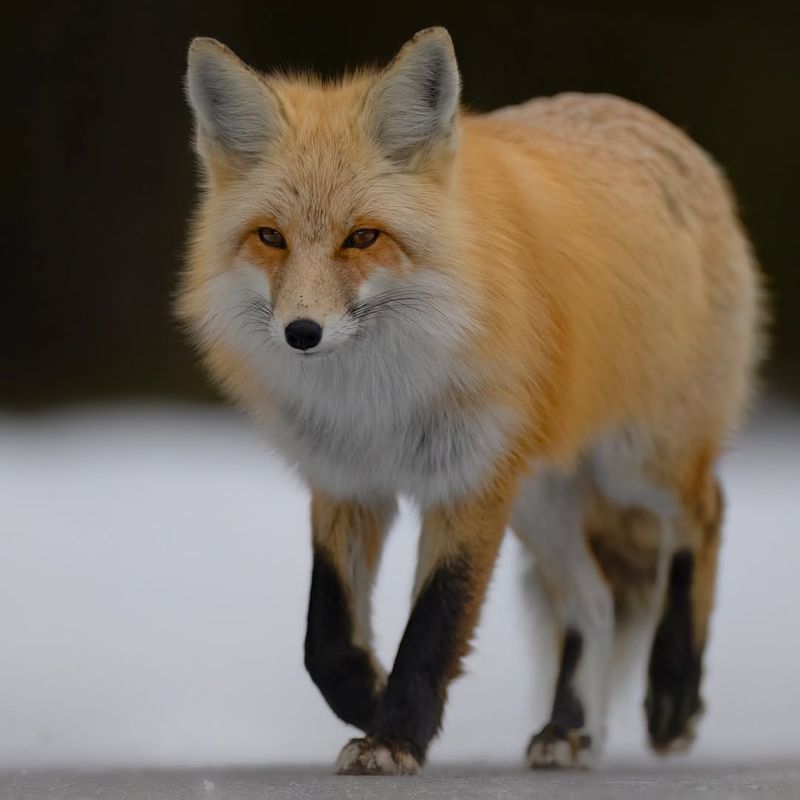
Foxes are admired for their cunning and intelligence, traits that have often been featured in folklore and myths. They display remarkable adaptability, thriving in diverse environments from dense forests to urban areas.
Foxes use a variety of vocalizations and body language to communicate, showcasing their social intelligence. In the wild, foxes are solitary hunters, using keen senses and strategic thinking to capture prey. Despite their fascinating characteristics, foxes are not ideal pets.
They require large spaces, specific diets, and enrichment that cannot be replicated in a home setting. In captivity, foxes often develop behavioral problems and health issues, emphasizing the importance of allowing them to live in their natural environments, where they can thrive and contribute to the ecological balance.

